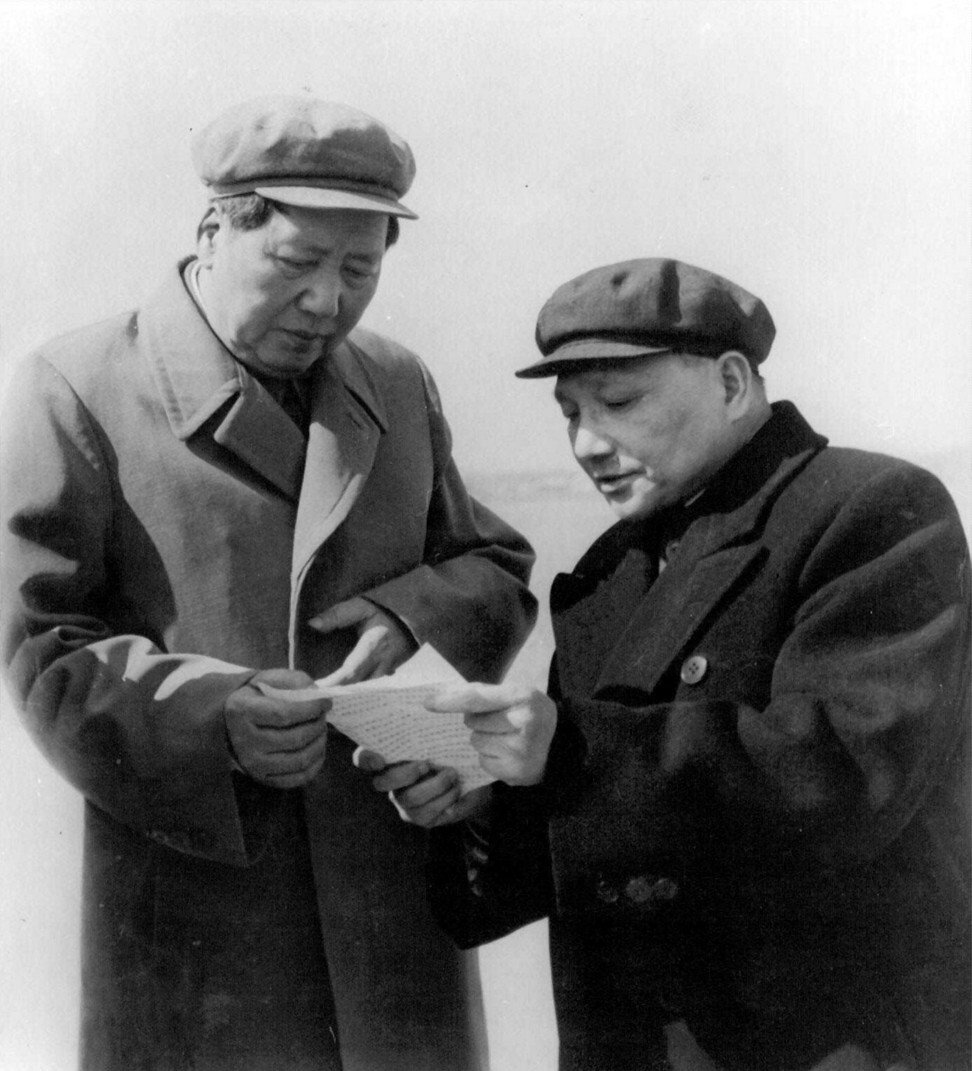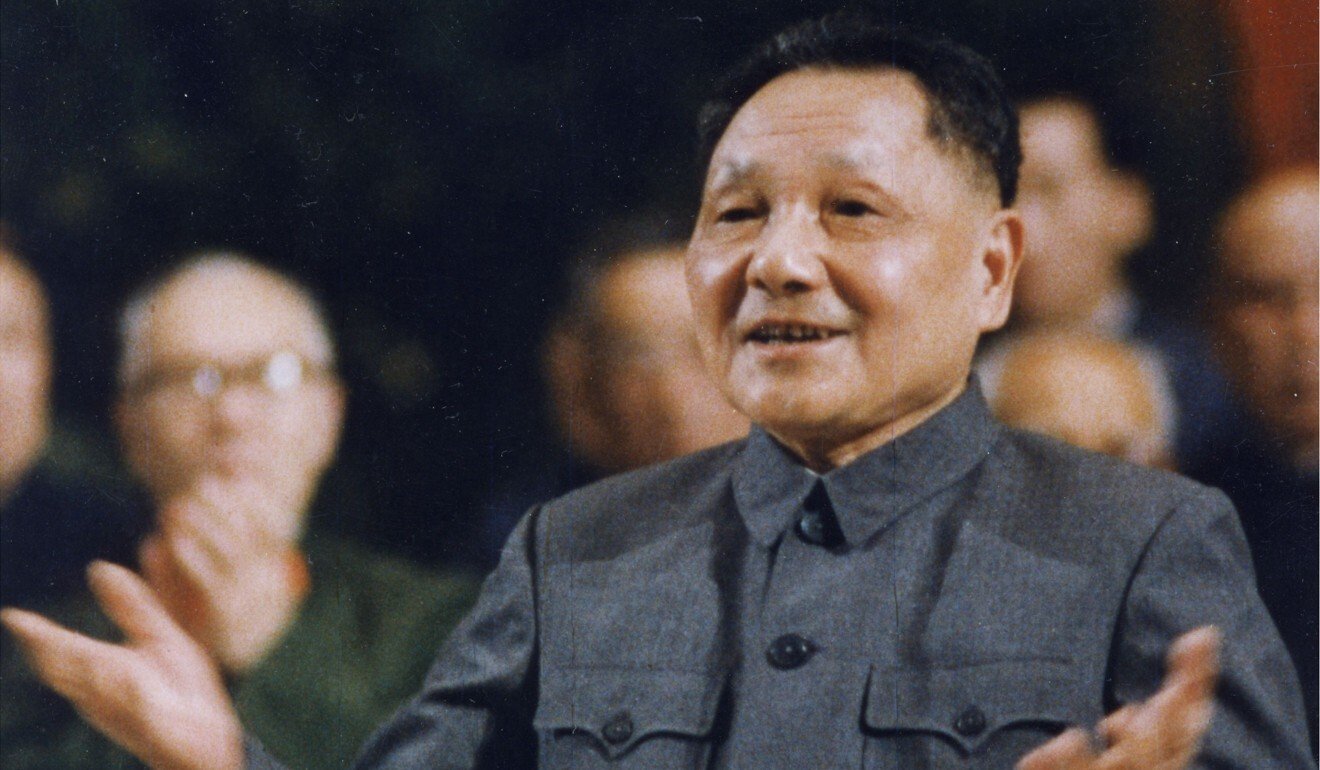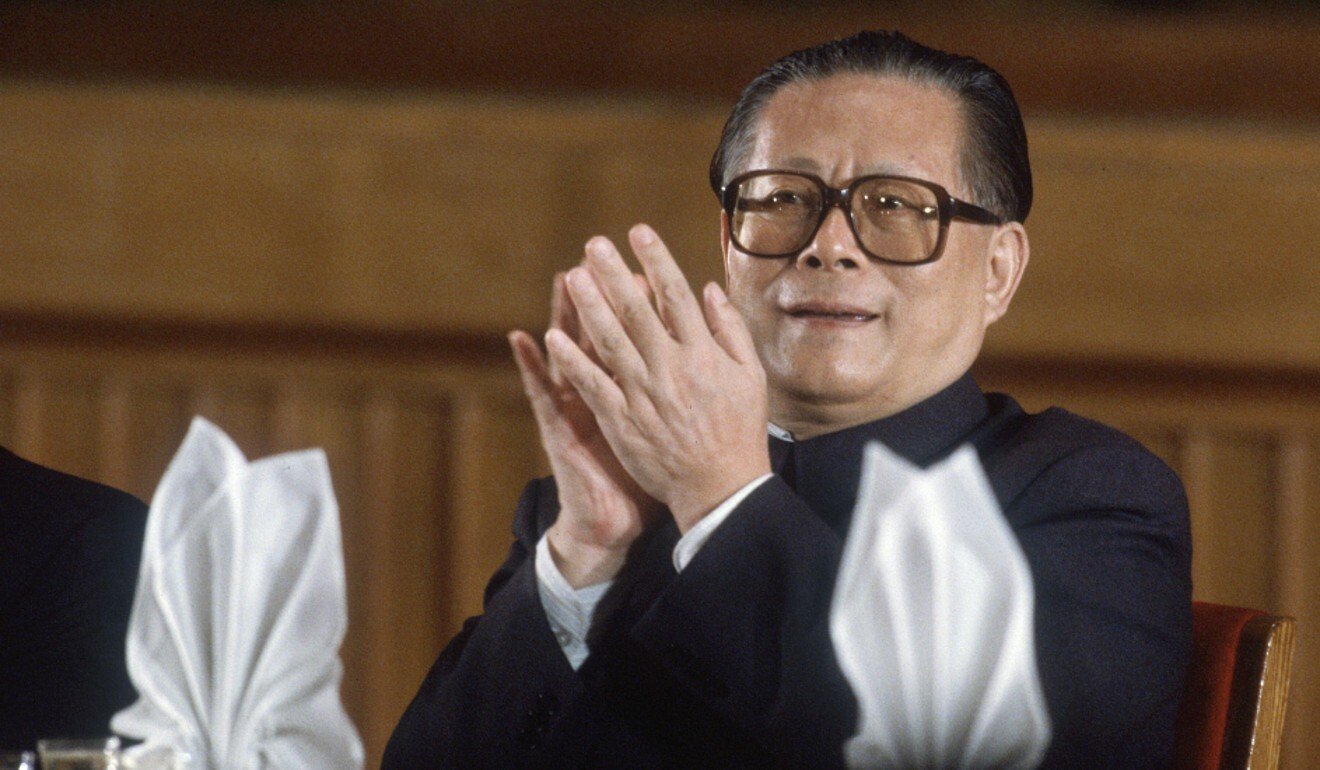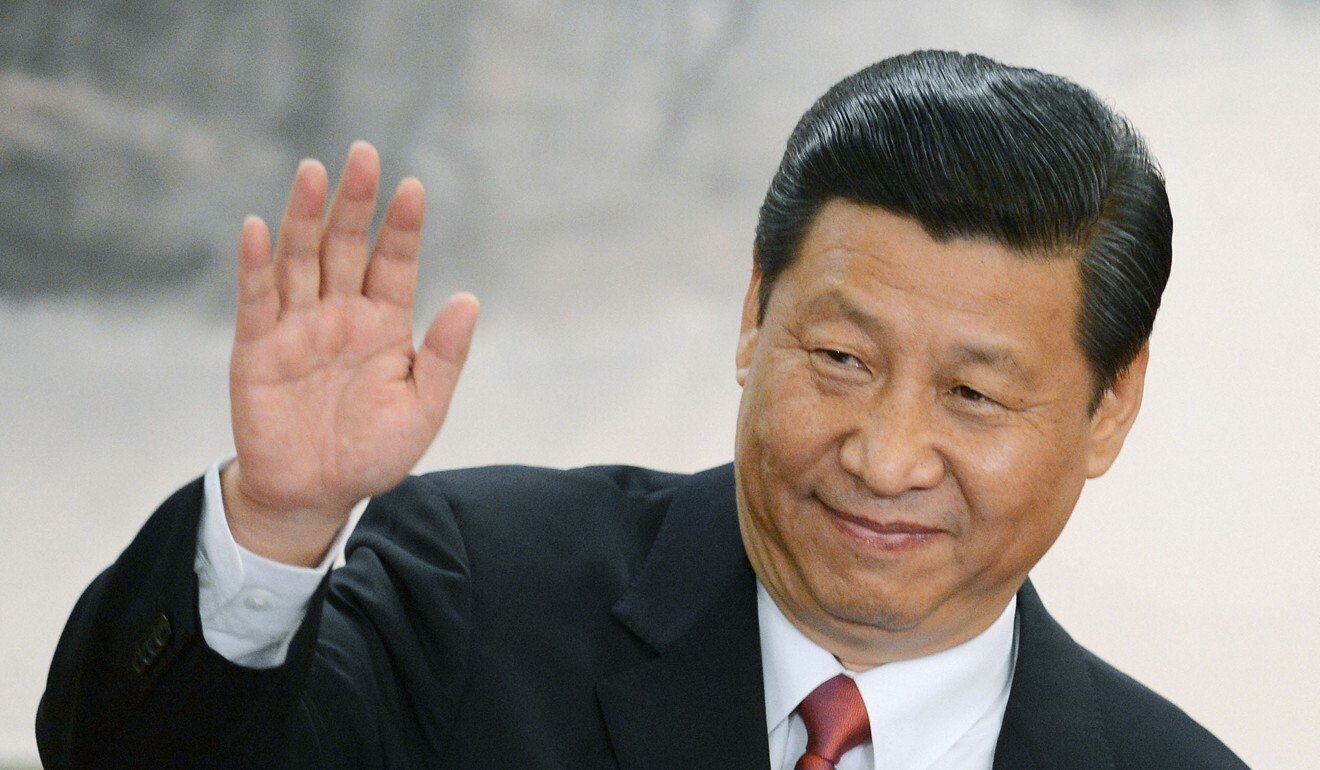
Explainer | From Mao Zedong to Xi Jinping: how China’s Communist Party leaders have shaped its ideology
- Across ‘five generations’ they all developed their own doctrines that have been enshrined in the party charter
- They progress from a peasant-led revolution to market reform and economic development, to Xi’s new era
This is the 14th in the South China Morning Post’s series of explainers about the Communist Party of China in the lead-up to the party’s centenary in July. Here, Josephine Ma looks at how the party’s ideology has evolved under different leaders.
As the needs of the country changed, each party leader has had his own thoughts about how to interpret the teachings of predecessors and develop new ones.
Mao Zedong, Deng Xiaoping, Jiang Zemin, Hu Jintao and current general secretary Xi Jinping have each headed one of China’s “five generations of leaders” – and all of them developed distinctive, comprehensive doctrines that have been enshrined in the party charter.

First generation (1949-76) led by Mao Zedong
The founding father of the People’s Republic of China, Mao’s thoughts on achieving a socialist revolution differed philosophically from Marxism-Leninism in some aspects.
While Marxist-Leninist communists believed that workers should form the backbone of the revolution to overthrow the bourgeoisie in industrialised cities, Mao promoted a revolution in China led by peasants – starting in rural areas before gradually besieging the cities. He referred to this as “surrounding the cities from the countryside”.
His ideology is officially enshrined as Mao Zedong Thought and informally known as Maoism.

Second generation (1976-92) led by Deng Xiaoping
After Mao’s death in 1976, Hua Guofeng became party secretary, but did not form his own ideology and instead upheld all of Mao’s decisions and theories. Deng, who became China’s de facto leader two years later in 1978, is therefore considered the ideological leader of this period.
Focused on rebuilding the country after the Cultural Revolution, Deng emphasised market reform and economic development. He argued that socialism was still in the primary stage of development and that the country should open up for foreign investment and trade, as well as allow a market economy.
In 1979, Deng introduced “four cardinal principles” that were not up for debate:
- Keeping to the socialist path;
- Upholding the “people’s democratic dictatorship” – a phrase introduced by Mao which indicates that dictatorial control by the party is necessary to uphold the people’s interests;
- Upholding the leadership of the Communist Party;
- Upholding Mao Zedong Thought and Marxism-Leninism.
During Deng’s rule, these principles constrained the efforts of liberals within the party – including his closest aides and party secretaries Hu Yaobang and Zhao Ziyang – to push for limited political reforms.

Third generation (1992-04) led by Jiang Zemin
Jiang’s theory of the Three Represents holds that the party represents the interests of advanced culture, advanced productive forces – including private entrepreneurs – and the broad masses.
In practice, it formed the theoretical base for private businesspeople, intellectuals and the middle class to join the party and take part in politics.
The theory caused controversy, with critics saying it might go against the party tenet of representing the working class and struggling against capitalists, but Jiang argued that he was only expanding the working class that the party represented.

Fourth generation (2004-12) led by Hu Jintao
Hu’s era ushered in a more technocratic style of governance represented by his Scientific Outlook on Development theory.
This ideological position emphasises sustainable, energy-efficient economic development instead of breakneck growth at the expense of the environment.
It was also tied to a goal to build a unified and harmonious society, which involved people-oriented policies such as respecting political, economic and cultural rights, improving living standards and health, elevating morals and providing an environment that allows citizens equal opportunity to develop their potential.

Fifth generation (2012-present) led by Xi Jinping
Since taking power in 2012, Xi has emphasised that China has entered into a new era. Jiang and Hu’s ideologies have rarely been mentioned in state media during Xi’s time, except via speeches evoking all of the ideologies enshrined in the party charter.
Xi’s own political doctrine, known as Xi Jinping Thought, is a complex 14-part national blueprint meant to help the country achieve moderate prosperity by the party’s 100th anniversary on July 1, and for China to become a “strong, democratic, civilised, harmonious and modern socialist country” by 2049 – 100 years after the People’s Republic was founded.
Studied in schools across the country, Xi Jinping Thought emphasises the need to strengthen the party’s rule over all aspects of Chinese society, and strict party discipline.
It sets out goals such as making China a nation with pioneering global influence, turning the military into a “world class” force, eradicating extreme poverty, and continuing to open up the country’s markets and provide a level playing field for businesses.
Xi’s signature policies also include a sweeping anti-corruption campaign, a greater emphasis on environmental protection and more assertiveness in diplomacy.












